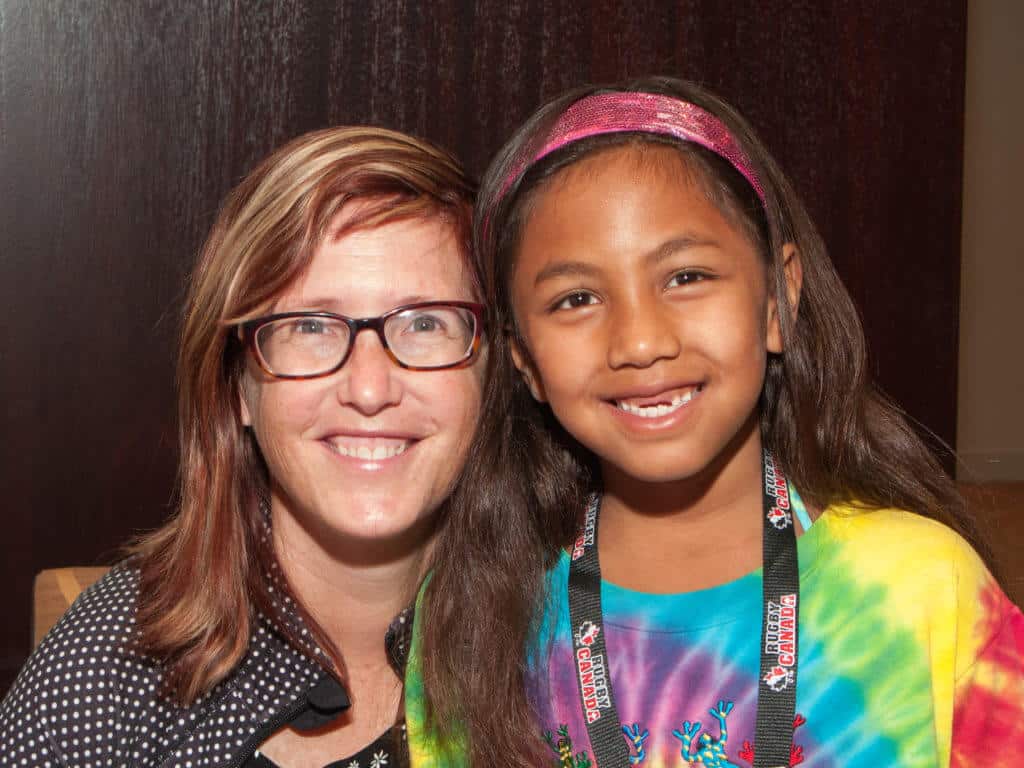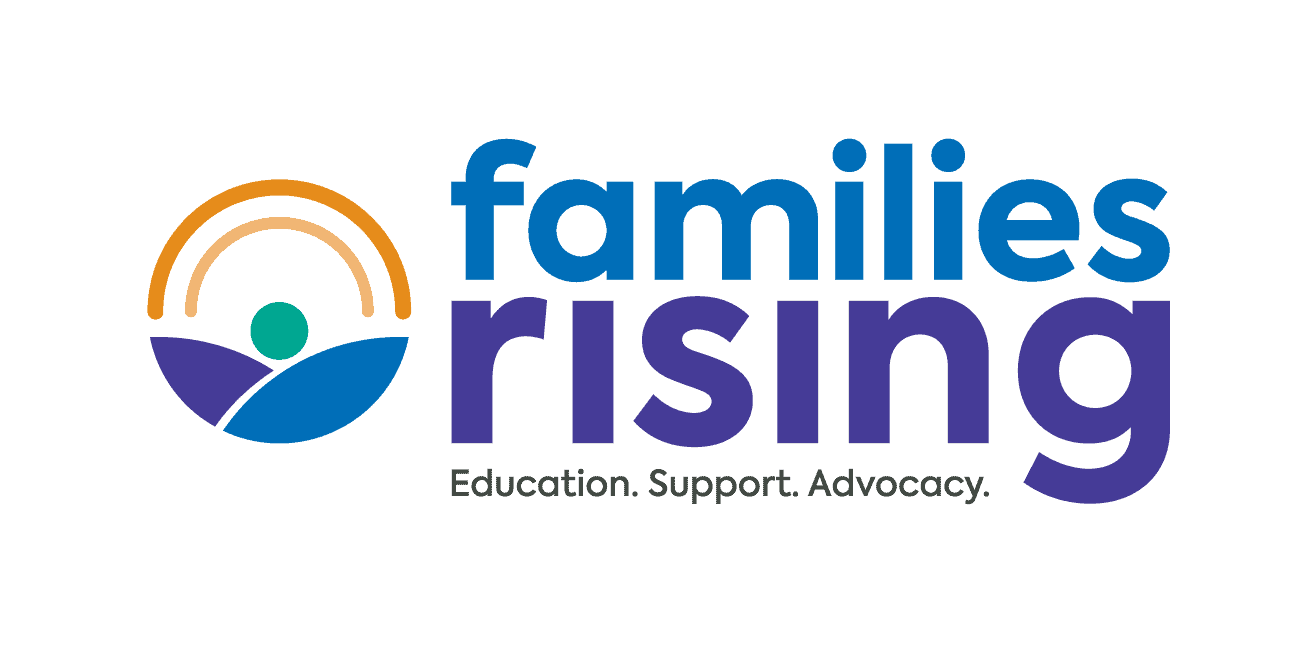More than any thing, children in foster care need parents who are willing to accept them as they are, and to help them heal so they can reach their potential.
As a prospective foster and adoptive parent, you are ready and willing to make a difference in the lives of children in foster care. One good thing to do while you wait is to learn more about the real needs of the children who need parents, and to begin to practice skills that will prepare you to parent children with special needs. Joining a foster or adoptive parent support group and becoming a respite care provider are two good ways to learn more about the kids and get an accurate picture of what your parenting role will be like. Both experiences will help you build a network of support and benefit from the wisdom of other experienced adoptive or foster parents.

Parenting children who have been abused or neglected is hard to do in isolation. The wealth of practical information that other foster and adoptive parents can give you, along with their understanding of the issues that foster and adopted children face, is not only invaluable to you as a prospective parent, but also to the children you hope to parent.
Due to their early lives, many children in foster care, including those waiting to be adopted, have learning, reasoning, and behavior problems, and sometimes medical conditions that require special treatment and care. Many children who have spent time in the system have attention deficit disorder (ADD), fetal alcohol spectrum disorder (FASD), and attachment challenges. (Attachment is the loving bond that is formed between a parent and a child in the first year of life and beyond.)
These children need loving parents, but they also need parents who are willing to commit to the job of raising a child. They need parents who are willing to equip themselves with the skills that will help them be successful parents for children who have experienced trauma and may have unresolved issues of grief and anger. More than anything, these kids need parents who are willing to accept them as they are, and to help them heal so that they can grow to reach their potential.
The chart below lists the parenting traits children from the foster care system need and suggestions for ways you can start now to prepare for your new and exciting role as a foster or adoptive parent.
| Children need parents who are: | Tips to develop these traits: |
| Patient —Children who have lived in chaotic or abusive homes are familiar with adults who solve problems and face conflict with indifference, anger, or violence. Children in foster care need caregivers who are patient and remain calm in stressful situations, and parents who resolve issues in a variety of ways without resorting to threats or violence. | Learn techniques to help you develop patience. Some people count to 10 before they react during conflict. Others make time in their day to run, walk, soak in the tub, exercise, meditate, work in the garden, or listen to music. Later, they draw from the inner calm they get from these activities and respond with increased patience. Seek ways that work for you. As you increase your ability to be patient and remain calm, you will be better able to model these behaviors for children. |
| Able to provide a safe, structured environment — Children who weren’t protected in the past learn to take on responsibility for their own safety, often living on high alert and expecting danger to occur at any time. Clearly defined boundaries and simple rules for behavior can help a child feel safe in your home. Children also need adults who will follow through with rules in a fair manner and demonstrate that they will both honor the child’s needs and offer protection. | Do a safety audit of your home and look for things that might hurt or scare a child. Make a list of your family rules. Keep them simple, specific, and easy to understand. Some children learn by listening, some by observing or doing, and others by all three methods; most will need help practicing rules before they internalize them and make them a habit. Think of ways to communicate living safely and practicing rules to children who learn in different ways. |
| Open to learning new ways to manage behavior — Most children who have been in the system have learned survival techniques from an early life of abuse and neglect. These techniques are often puzzling to foster and adoptive parents because they tend to be counterproductive to forming a parent/child bond. Children who continue to use these survival techniques need parents who are flexible and willing to try varied methods to manage behavior | Take time to seek information—take additional classes and ask questions about children with special needs. Learning why children in foster care sometimes behave negatively can help you develop more effective strategies for teaching constructive behavior. Become a respite care provider for foster and adopted children and help give their parents a break. You will gain practical experience, have a chance to practice your parenting skills on a short-term basis, learn about differences in children, and learn new behavior management strategies |
| Trustworthy —Many children in foster care have been unable to trust adults in the past. Over time children can learn to trust their new parents when those parents provide consistent daily care that includes food, shelter, and love. Children also develop trust when they observe their new parents persistently advocating for their needs, when they receive encouragement, and when their parents are committed to the promises they make. | Demonstrate trust in all your relationships. You may believe you are trustworthy, but a child will judge you by your actions. Practice demonstrating trusting behavior. Ask friends and relatives to tell you how you come across to others. Listen to their feedback and do what you say you will do, honor appointments, keep your promises, and meet your responsibilities. Take notice of how children you know define trust and be open to their conversations and opinions on this subject. |
| Able to take care of their own needs — Sometimes children in care have experienced a role reversal in their families of origin—where they were required to physically or emotionally care for their parents. Children who have been through this need parents who rely on other adults to support them when they experience problems. | Remain connected to supportive people (family, friends, neighbors, a 12-step group, or members of a religious organization, etc.) who have known you over time and care about you. Tell them about your plans to foster or adopt and seek the counsel of those who respect your plans. |
| Able to support children with developmental delays and other special needs — Children who are waiting for a family will most likely have social, emotional, and learning delays. A nine-year-old might display behavior typical of a four-year-old, or a five-year-old might have the friendship skills of a two-year-old. It is not uncommon for children to regress even more after experiencing a recent trauma or transition. Most children will also have some issues with attachment. Parents should anticipate that it may take children a relatively long time to adjust to and bond with a new family. | Take classes, watch videos, read books, listen, and learn about normal child development. It will be important for you to learn how to help your children overcome problems and be able to recognize when they make progress. Volunteer to work with children who have special needs at a local school or social service agency, or volunteer to provide child care for a local parent support group. Learn more about topics such as attention deficit disorder (ADD), fetal alcohol syndrome (FAS), and attachment. As children grow, their medical, physical, and emotional diagnoses may change and your understanding of the range of possible problems will be helpful. |
| Persistent about finding resources for children and families —Over time, a child’s special needs are revealed to parents. Foster and adoptive parents need to become knowledgeable and assertive about finding services for their children, including physical therapy, psychological or psychiatric care, and special education classes. Children in care need parents who not only continually advocate for services to children, but also services that will help their family learn and grow. Children with special needs need families who will work to strengthen and build all of their resources so that they can succeed. | Gather information about what types of services are available to foster and adopted children and find out how to best access those services. Make a connection with your county and local agencies, as well as advocacy organizations such as PACER and Families Rising. Ask other experienced foster and adoptive parents for help on how to access services. Sometimes professionals are not aware of all service options and seeking more information even after being denied services can produce results. |
| Able to accept that it will take more than love to help a child heal — Children in foster care need love, but they also need parents who expect that there will be ups and downs to parenting and who are willing to commit to the long haul. They need parents who have flexible expectations and the resiliency to begin again when problems arise or a child’s skills or behaviors regress. | Check with parents from a local foster or adoption support group or ask your county if they might find an adoptive parent who would be willing to let you shadow her throughout her day. Learn more about your prospective role as a foster or adoptive parent and watch how an experienced parent handles her role. |
| Able to recognize strengths in a child with multiple problems —Parents must have the ability to name their child’s strengths, especially when a child begins to display problems such as bed wetting, lying, or acting out at school. It is important for parents to recognize each child’s strengths and help that child believe in those strengths. Parents and children will succeed as a team when they use the child’s strengths to determine the appropriate course of action to work on problems. | Make a list of your personal strengths and the areas in need of improvement. The ability to name your strengths and to know and accept the areas in need of improvement is a sign of self-acceptance. Seek strengths in everyone you meet, even those who cause you trouble or pain. You will soon learn to focus and build on strengths in yourself and others. |
| Knowledgeable about cultural differences and respectful of others’ race and ethnicity —Parents who are considering a transracial placement need to learn about the racial and cultural background of the children they wish to foster or adopt. Knowledge and understanding about unique racial and cultural differences can be a powerful tool for parents who are trying to build a relationship with a child from a different background. | Learn about the resources that are available in your community. Find ethnic grocery stores, restaurants, and shops where people of different cultures gather, and begin to make connections with them. Find out where to get support from other transracial families in your area and begin to build relationships with them. If diverse resources are not nearby, be willing to travel and check out those closest to you. |
| Able to see humor and experience joy in the midst of chaos —Many experienced foster and adoptive parents say that a well-developed sense of humor is a necessary tool for family survival. The ability to put things in perspective and be grateful for small gains is important. | Look for humor in your daily life. When you have the ability to see the humorous side of a problem, you often have the strength to face the problem. Observe the unique and often funny ways children view life and celebrate the richness they bring to the world. |


